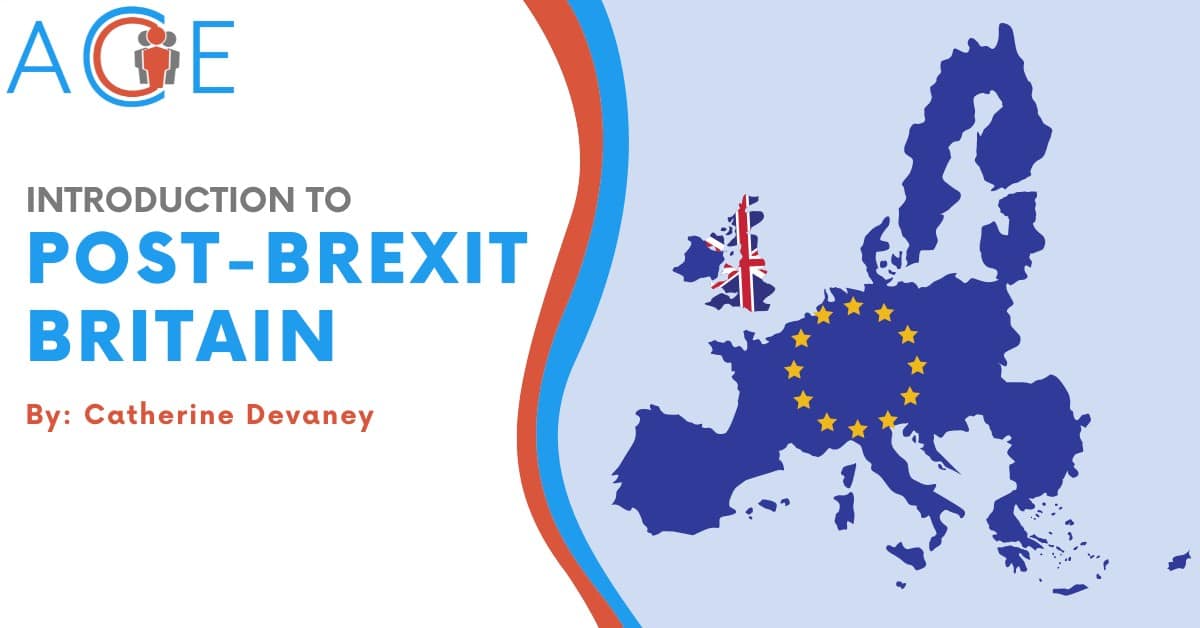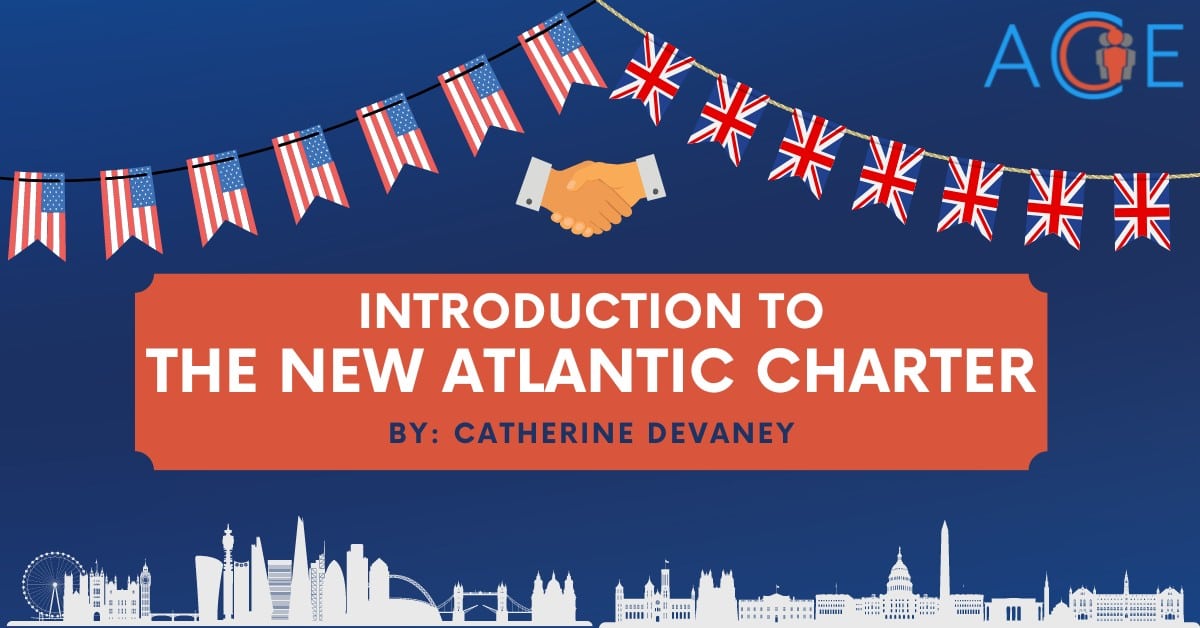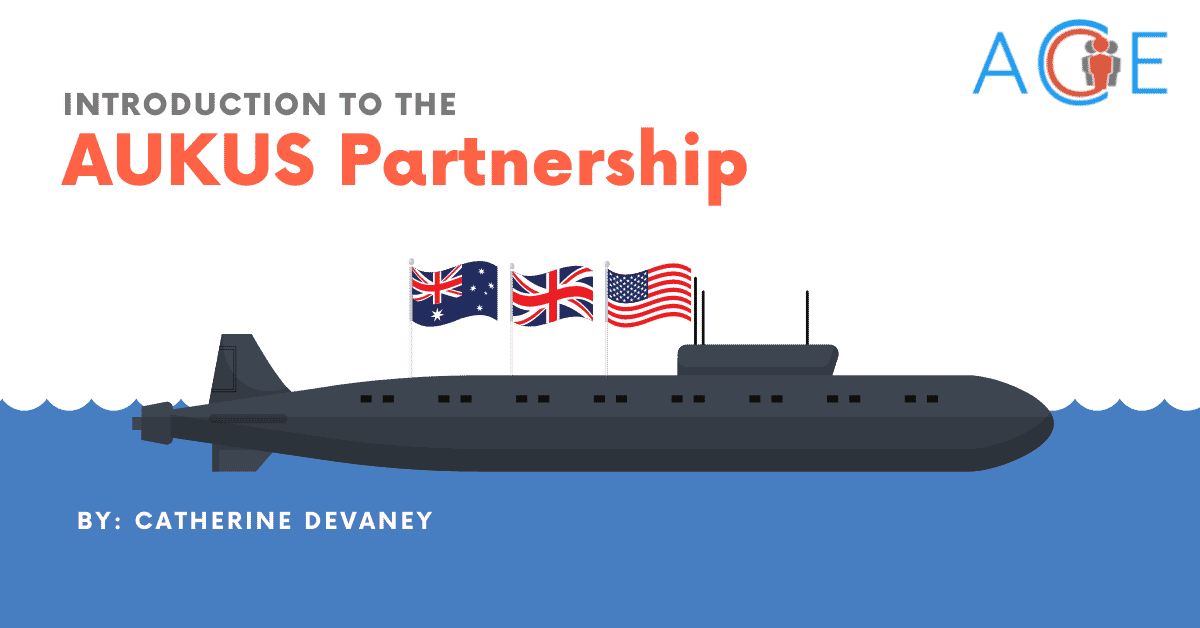Overview of UK–European Union Relations
The United Kingdom (UK) and the European Union (EU) have a long and turbulent history of engagement. The origins of the EU date back to 1945 as a means to bring European nations together to avoid the destruction of World War II from happening again. UK Prime Minister (PM) Winston Churchill endorsed this ideal, calling it “a kind of United States of Europe”. However, the UK declined the invitation to join the European Economic Community (EEC; former name for the EU) in 1957. In 1961, the UK applied to join, and was vetoed twice by French President Charles de Gaulle, who felt the UK was a selfish actor who had prioritized relations with the U.S. over supporting the new union with European relations. In 1973, under PM Edward Heath, the UK successfully entered into the EEC, supported by a 1975 EEC Membership referendum vote with 67% in favor.
A major point of contention between the UK and the EU during its membership was a perceived infringement on UK sovereignty. In the 1980s, the EU was moving towards a more “federal” Europe, with a single currency (the Euro) and universal social policies. This was rejected by PM Margaret Thatcher, who saw these actions as “a European super-state exercising a new dominance”. PM John Major, Thatcher’s successor, opted into the Maastricht Treaty in 1992, which gave increased power to the EU. However, he opted out of both the single currency and many social policies. Under PM Tony Blair, the UK sought to repair some of the strained UK-EU relations by signing the Social Chapter in 1997, which involved progressive social changes long supported by the Labor Party he led. This aligned the UK with EU social policies of the time which prioritized improving equal opportunity in the workplace, social security, workers rights, and improving working conditions by revolutionizing health and safety standards.
Following the 2008 financial crisis 2008 and 2011 Euro crisis, the EU sought to create new budgetary policies through treaties. The crisis of the Euro, also known as the European Debt Crisis, began in 2009 when EU member Greece was grappling with high debt levels and a struggling economy, and other EU members provided loans as a bailout. The Greek economy continued to struggle, and the stability of European financial institutions was threatened. PM David Cameron vetoed UK involvement in the pact that sought to address the financial issues, which deviated the UK from EU policies and emboldened euro-skeptics in the UK. Growing discontent in the UK and an uncompromising EU catalyzed the 2016 UK Referendum on EU membership. With a 51.9% majority, the UK voted to leave the EU, beginning what is known as “Brexit.” This vote was divisive, with England and Wales voting to “Leave”, and Scotland and Northern Ireland voting to “Remain”. The UK decision to leave the EU, officially completed in January 2020, put immense strain on UK–EU relations, and UK relations with other allies.
Ramifications of Brexit
- Trade: the UK no longer has barrier-free access to the EU’s single-market, and the two parties are negotiating a trade agreement. The UK had a vision of a more “Global Britain” free from the constraints of EU membership. However, few trade deals have been signed by a post-Brexit UK. The U.S. is hesitant to engage in trade talks until the final terms of UK–EU relations have been determined, and requires that peace will be maintained between Northern Ireland and the Republic of Ireland before an agreement is finalized.
- Relations between Northern Ireland and the Republic of Ireland: Brexit strained the long standing peace on the isle of Ireland, established by the Good Friday Agreement. The Good Friday Agreement ended decades of conflict over governance in Northern Ireland, between two populations making up Northern Ireland, ‘Unionists’ (also known as Loyalists, predominantly Protestants, who were in favor of Northern Ireland being part of the UK) and ‘Nationalists’ (also known as Republicans, predominantly Catholic, who wanted Northern Ireland to be independent from the UK instead joining the Republic of Ireland). The U.S. played a large role in brokering the agreement, which established shared governance between parties in Northern Ireland and recognition of its status as part of the UK.
As a result of Brexit, tensions over trade across the land border between the Republic of Ireland (an EU member) and Northern Ireland (no longer an EU member) has sparked uncertainty in particular with Unionists, who feared it could cause separation between Northern Ireland and the UK. The 2021 Northern Ireland Protocol mitigated some tensions, but the UK intends to eventually adjust the protocol to facilitate trade. This resurgence of this issue is causing tension in the U.S.-UK relationship.
Brexit and U.S.–UK Relations
President Obama stated the UK would be at the “back of the queue” when it comes to trade should they opt to leave the EU, and he was in favor of the UK maintaining its EU membership. President Trump was in favor of Brexit, and advocated for a tougher stance on the UK’s exit agreement—known as “Hard-Brexit”—which PM Theresa May wanted to avoid. The Biden Administration is navigating a post-Brexit Britain, and he has stressed that relations between the U.S. and the UK are contingent on maintaining peace in Ireland. When the UK announced its intention to change the Northern Ireland Protocol, Speaker of the House Nancy Pelosi stated that Congress “cannot and will not support a bilateral free trade agreement” should the UK violate the agreement.
The Brookings Institute found U.S. bilateral relations with European partners are highest with the UK, awarding a score of 6.5/10, in contrast with a 5.7 for U.S.-EU relations. In the absence of EU membership, the UK has reoriented its foreign policy to align closer with the U.S. This can be seen through the 2021 Australia-United Kingdom-United States (AUKUS) Partnership, the New Atlantic Charter, and the UK’s support for Ukraine following Russia’s invasion.
However, the instability of Brexit has reduced the UK’s appeal as a competitive global partner for the U.S., and forced the U.S. to walk the line between supporting a longstanding ally and maintaining relations with a powerful bloc of countries. The UK has more autonomy when making international agreements, in comparison to the EU, but it wields less diplomatic and economic influence. EU agreements require all member states to sign off, but represent a significant, united diplomatic and economic force.



